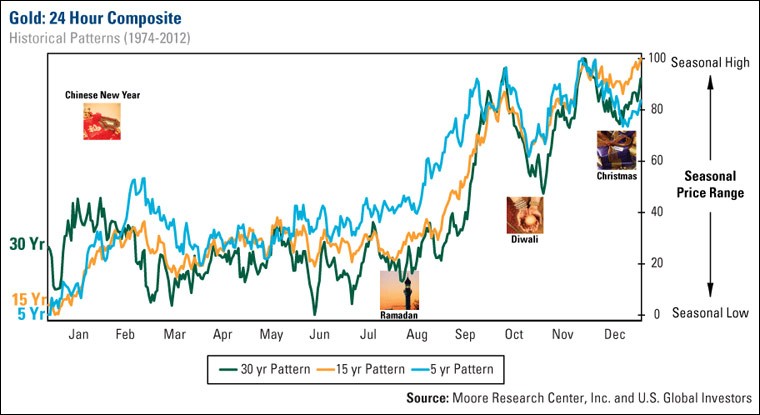Should You Follow Soros Out Of Gold
Post on: 20 Май, 2015 No Comment

By Stephen D. Simpson, CFA
Image by Getty Images via @daylife
Investors can’t seem to get enough of stories talking about what this or that famous investor is doing with his or her portfolio. In the latest example, news that George Soros has liquidated his gold holdings has some investors and commentators wondering whether the markets are looking at the end of an impressive run in gold. Whether Soros is right or wrong with this latest move, investors ought to consider some of the reasons to reject or copy his move.
Less-Legitimate Reasons to Copy Soros
Playing a Different Game
Simply put, investors like Soros, Paulson, Gartman and the like are playing a different game than you or me. In many cases, the funds run by famous hedge fund managers are leveraged up the hilt, and have relatively inconsequential trading costs.
What that means is that fund managers can sell on Monday, buy on Wednesday, sell again on Friday and make money all along the way. That’s something that the average investor cannot do. Playing an anticipated 2% move makes sense in an environment of minimal taxation, minimal transaction costs and massive leverage. For the regular investor, it’s a sure way to get poor quickly.
There is a difference between holding gold for price appreciation and holding it as an insurance policy or portfolio hedge. Gold tends to have low correlation with other financial assets and there is a credible argument that gold should have a permanent place in portfolios because of that diversification benefit. For those investors who like gold as insurance, it would make little sense to follow Soros. Selling all of your gold just because Soros does makes about as much sense as canceling your car insurance because your neighbor sold his car. (For related reading, see Gold: The Other Currency. )
Rebalancing

Although Soros reportedly sold all of his gold, famous investor moves are often presented without context. How much did they own? How much do they own? How large is the fund? What may look like bailing out of a position may in fact just be a portfolio rebalancing. For instance, a manager purporting to run a diversified fund may not be able to allow having a single position dominate or dictate the direction of the fund’s performance.
Likewise, some funds operate with statutory limits on position size and may have to trim positions to stay in compliance. (For more on George Soros, see George Soros. The Philosophy Of An Elite Investor. )
Lying
Another good reason not follow the actions of Soros, Paulson or any other high-profile fund manager is that you don’t always, or even often, know what they’re actually doing. Lying is rife in money management and financial journalism. Managers will lie to each other, they’ll lie to reporters and they’ll “plant” stories with reporters to skew coverage in the direction they want.
Manipulating asset prices through the media has a long history, and the fact of the matter is that it can work. More than a couple of stocks have gone up on little more than a weakly-sourced rumor that a famed investor was buying or looking to buy.
At a bare minimum, investors should try to confirm rumors with U.S Securities and Exchange Commission (SEC) filings. Few fund managers are going to risk the wrath of the SEC by outright lying in their filings. Unfortunately, these filings come well after the actual transactions, and may be entirely out of date by the time an investor can see them, to say nothing of the fact that some funds are outside the jurisdiction of the SEC. (For more, see Using Public SEC Filings To Analyze Companies. )














